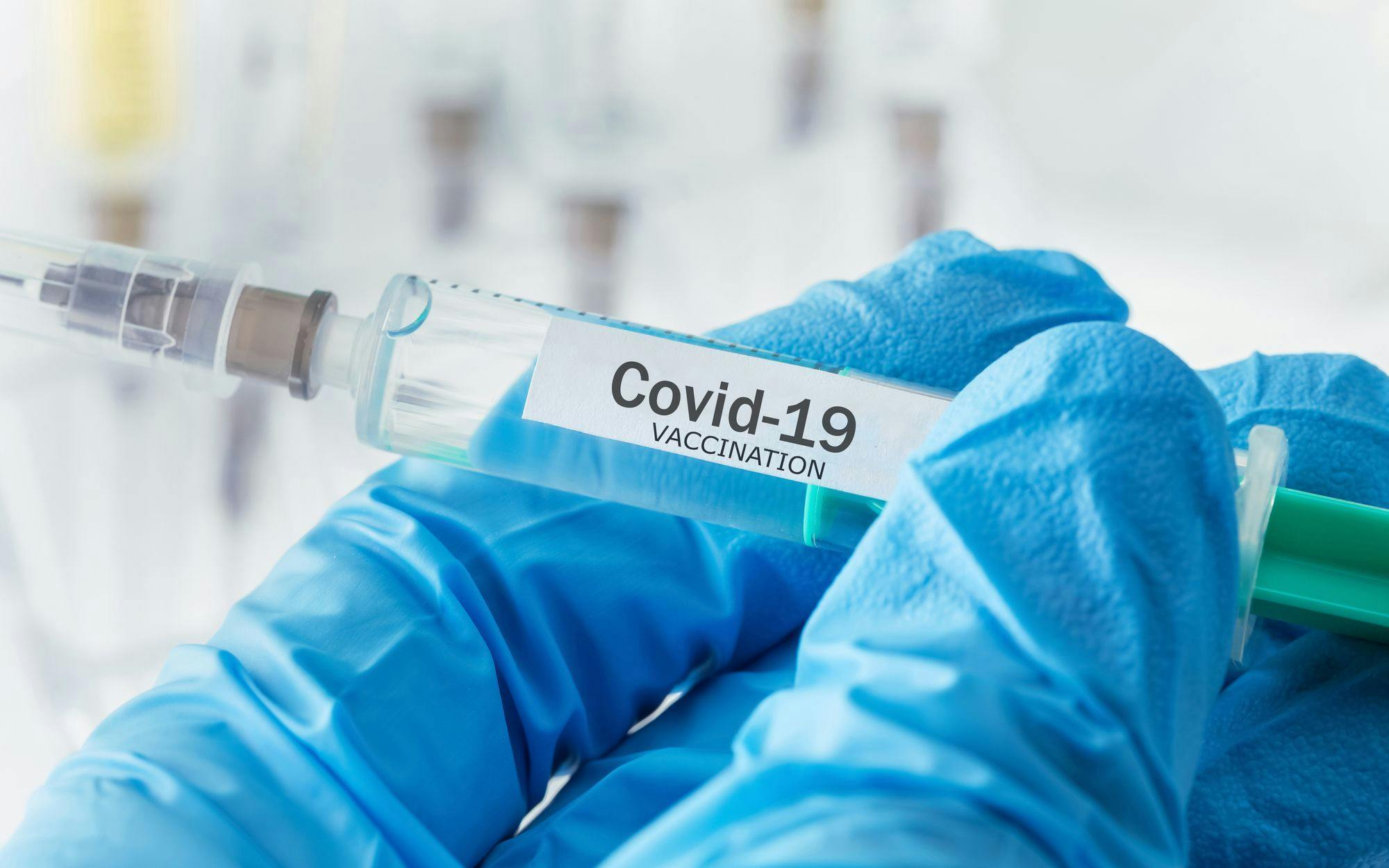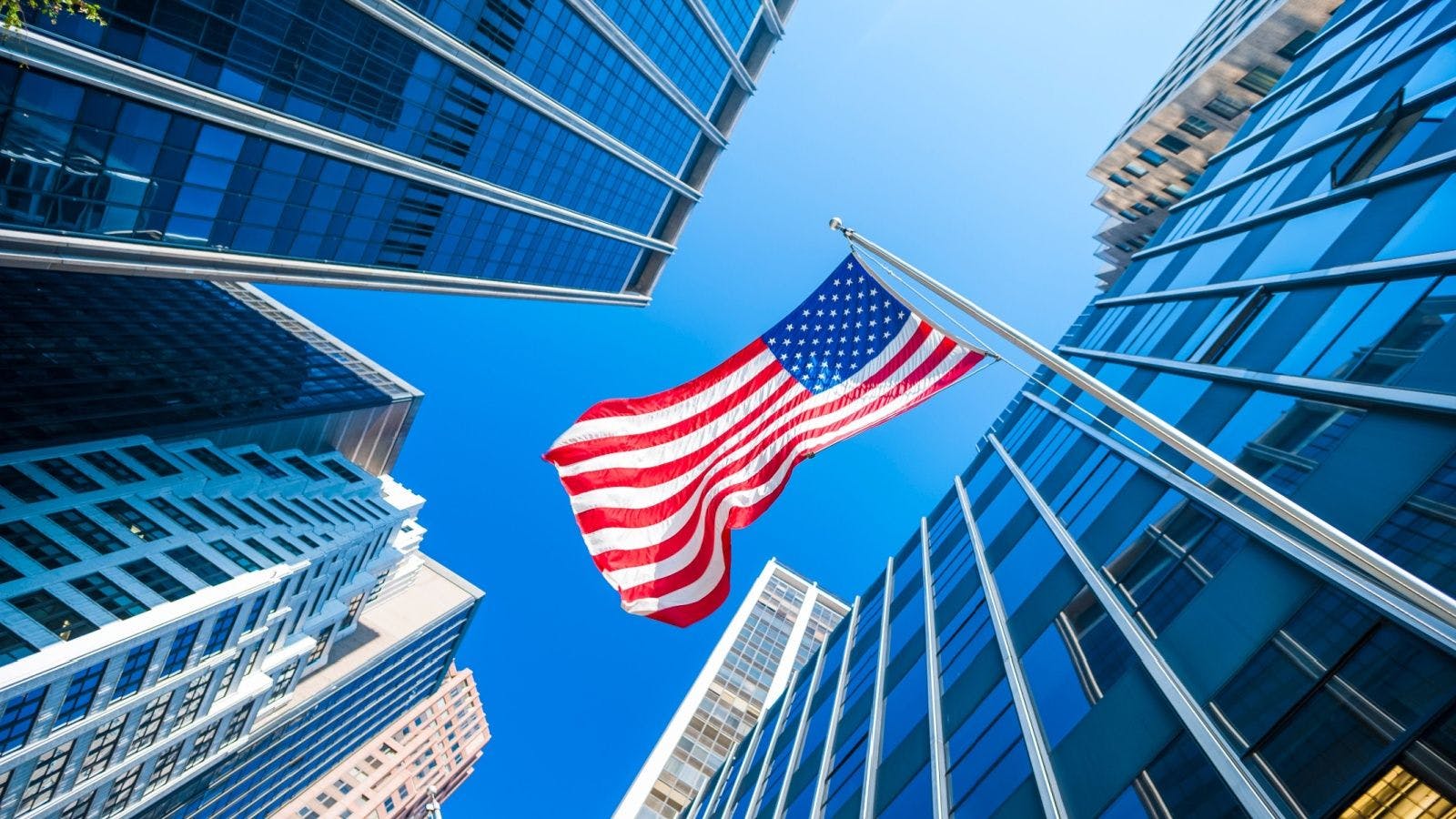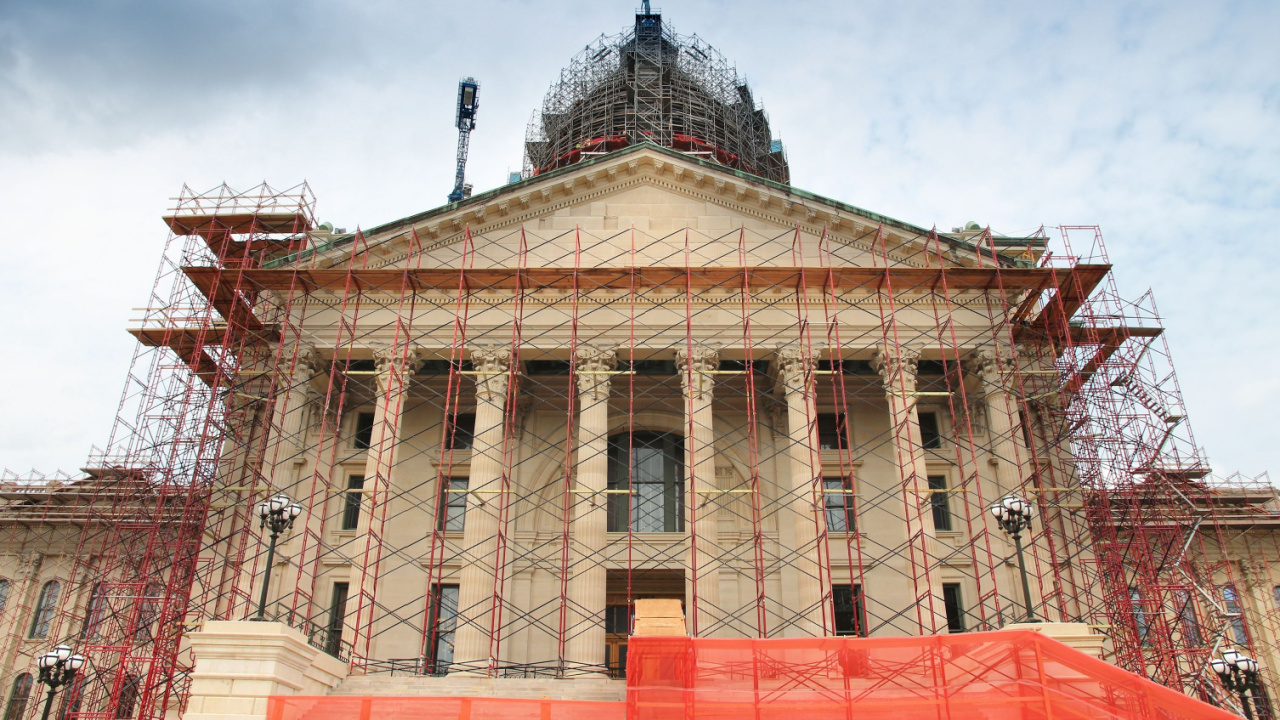
One Shot to Get It Right: Navigating the COVID-19 Vaccine in the Workplace
The Food and Drug Administration has granted Emergency Use Authorization for Pfizer and Moderna’s COVID-19 vaccines. As COVID-19 cases continue to rise, employers across all industries may be considering whether to adopt a vaccination policy requiring vaccination as a condition of working and/or accessing the workplace or jobsite. The FDA’s recent authorization of the COVID-19 vaccine raises several legal and practical issues that employers may wish to consider as they prepare for widespread distribution and availability of the vaccine in 2021.
Mandating the COVID-19 Vaccine in the Workplace
The Equal Employment Opportunity Commission recently issued guidance suggesting that employers may mandate that employees receive the COVID-19 vaccination, subject to certain limitations. The EEOC has taken the position that administration of the COVID-19 vaccine does not implicate the Americans with Disabilities Act (ADA) because administration of the vaccine is not a medical examination. Under the EEOC’s guidance, employers, regardless of the industry, may require that employees receive the COVID-19 vaccine without having to justify that the mandate is job related and consistent with business necessity. Beyond that, construction employers should be aware of numerous issues and risks associated with mandatory vaccine policies.
Emergency Use Authorization of the COVID-19 Vaccine. One nuance associated with the COVID-19 vaccine is that it is being authorized by the FDA pursuant to an EUA. An EUA is different than complete FDA approval and, under 21 U.S.C. § 360bbb-3 (e)(1)(A)(ii)(III), the Secretary of Health and Human Services may require that individuals be told that they can refuse a product issued pursuant to an EUA. This difference may impact the extent to which employers can mandate the COVID-19 vaccine. As with many issues surrounding COVID-19, very little precedent exists surrounding an employer’s ability to mandate a vaccination that has been authorized pursuant to an EUA. Accordingly, requiring a COVID-19 vaccine with an EUA approval in the workplace and on construction jobsites could create a significant risk of litigation by employees or labor unions challenging the mandate.
Pre-Vaccination Screening Questions. According to the EEOC, while the vaccination is not a medical examination for purposes of the ADA, pre-vaccination medical screening questions are likely disability-related inquiries that must be job-related and consistent with business necessity. Therefore, if an employer or a third-party vendor engaged by an employer administers the COVID-19 vaccine and asks pre-vaccination screening questions, they must show that these inquiries are job-related and consistent with business necessity, meaning an unvaccinated employee would pose a direct threat to the health and safety of the employee or to others. Therefore, to avoid violating the ADA, an employer in the construction industry may wish to either require that its employees obtain the vaccination from a third party not associated with the employer, implement a voluntary vaccination program, or merely encourage but not require employees to be vaccinated.
Navigating Reasonable Accommodations. The EEOC and the courts have advised that employers with mandatory vaccination policies must consider accommodating employees who refuse the vaccine due to a disability or a sincerely-held religious belief. For example, if an employee requests a reasonable accommodation, meaning an exception to being vaccinated, the employer must determine whether granting such an accommodation would pose a direct threat that cannot be reduced to an acceptable level. This does not mean that the employee’s employment should be automatically terminated, but it does mean that the employer may be justified in excluding the employee from the workplace, worksite, or construction jobsite. In the construction industry, this determination will rely, in part, on the particular factors of the worksite—such as whether a vulnerable population is in proximity (e.g., construction at a nursing home), whether activities can be taken to mitigate risk of unvaccinated employees and whether other employees are working closely—among other facts. Employers should train personnel on how to manage reasonable accommodation requests in this context. Employers may also wish to consider which potential reasonable accommodations could reasonably be offered to employees requesting exceptions from receiving the vaccination (e.g., personal protective equipment, social distancing on a worksite, isolated work areas, etc.).
Leave Considerations. Some employees may experience side effects after receiving the COVID-19 vaccine. Therefore, employers may wish to revise their leave and/or short-term disability policies to accommodate employees who must remain out of work while they experience post-vaccination symptoms. Employers that rely on a specific number of employees, such as those working on a construction site, may wish to stagger the days that employees are scheduled to receive the vaccine.
Employers should also consult any paid leave laws, including under the federal or state Paid Family and Medical Leave Acts.
Privacy and Confidentiality Concerns. The EEOC has taken the position that an employer’s request for proof that an employee has received the COVID-19 vaccine is not a disability-related inquiry. However, employers should avoid asking questions regarding why an individual did or did not receive the vaccine and should advise employees not to provide any medical information when submitting proof of the vaccine.
OSHA Considerations. Section 11(c) of the Occupational Safety and Health Act of 1970 may provide an avenue for employees to refuse vaccination due to a reasonable belief that their medical condition will cause a reaction, leading to serious injury or death. Moreover, for industry employers that do not mandate or encourage the COVID-19 vaccine in their workplaces or on worksites, employees may invoke the general duty clause under section 5(a)(1) of OSHA to support a claim that the employer failed to provide a safe and healthy work environment.
Employee Morale. Employers that seek to mandate the COVID-19 vaccine may be met with resistance or hesitation from employees, which could impact employee morale and retention. Such policies may also impact employees’ willingness to return to physical workspaces or jobsites.
Labor Considerations. Employers should consider the right of employees to engage in activities to advance their interests as employees with respect to the vaccine (i.e., to protest a vaccination policy or lack thereof), as it is unlawful for an employer to interfere with, restrain or coerce employees who engage in such activity for mutual aid or protection. In addition, as many labor organizations have become increasingly vocal with respect to vaccination policies, employers who fail to communicate effectively could see non-union employees turn to a labor union to find a voice on the issue.
Workers’ Compensation Considerations. If employers mandate the COVID-19 vaccine, it is possible that an injury or illness could occur and employees may be able to seek relief via workers’ compensation.
Other Considerations and Best Practices
Encouraging the COVID-19 Vaccine in the Workplace. Due to the risks associated with mandating the COVID-19 vaccine, employers may instead wish to consider ways they can encourage employees to receive the vaccination or provide access to the vaccination on a voluntary basis, such as by offering participatory rewards or incentive programs; offering access to or covering the cost of the COVID-19 vaccine (e.g., offering vaccination clinics); or by educating employees on the vaccine.
Operational Changes. Employers may wish to consider whether the availability of a COVID-19 vaccine will impact their plans to return to the physical workplace and/or worksites, or whether it would be appropriate, in accordance with applicable federal, state and local law, to adjust policies regarding face coverings, social distancing, etc.
Communicating With Employees. Employers should consider how they will communicate and distribute information regarding the COVID-19 vaccine and any associated policies to employees, whether they will track which employees or subcontractors have obtained the vaccine, as well as how they will address relevant questions or concerns from employees.
As employers in the construction industry prepare for widespread distribution of the COVID-19 vaccination in 2021, they should consider the various legal and practical implications that the COVID-19 vaccine may have in their workplaces, construction jobsite and projects.
Note: This is not official legal or medical advice, and reflects guidance as of Dec. 23, 2020. Employers may wish to consult with competent legal counsel or a practicing physician about these issues.
Related stories








